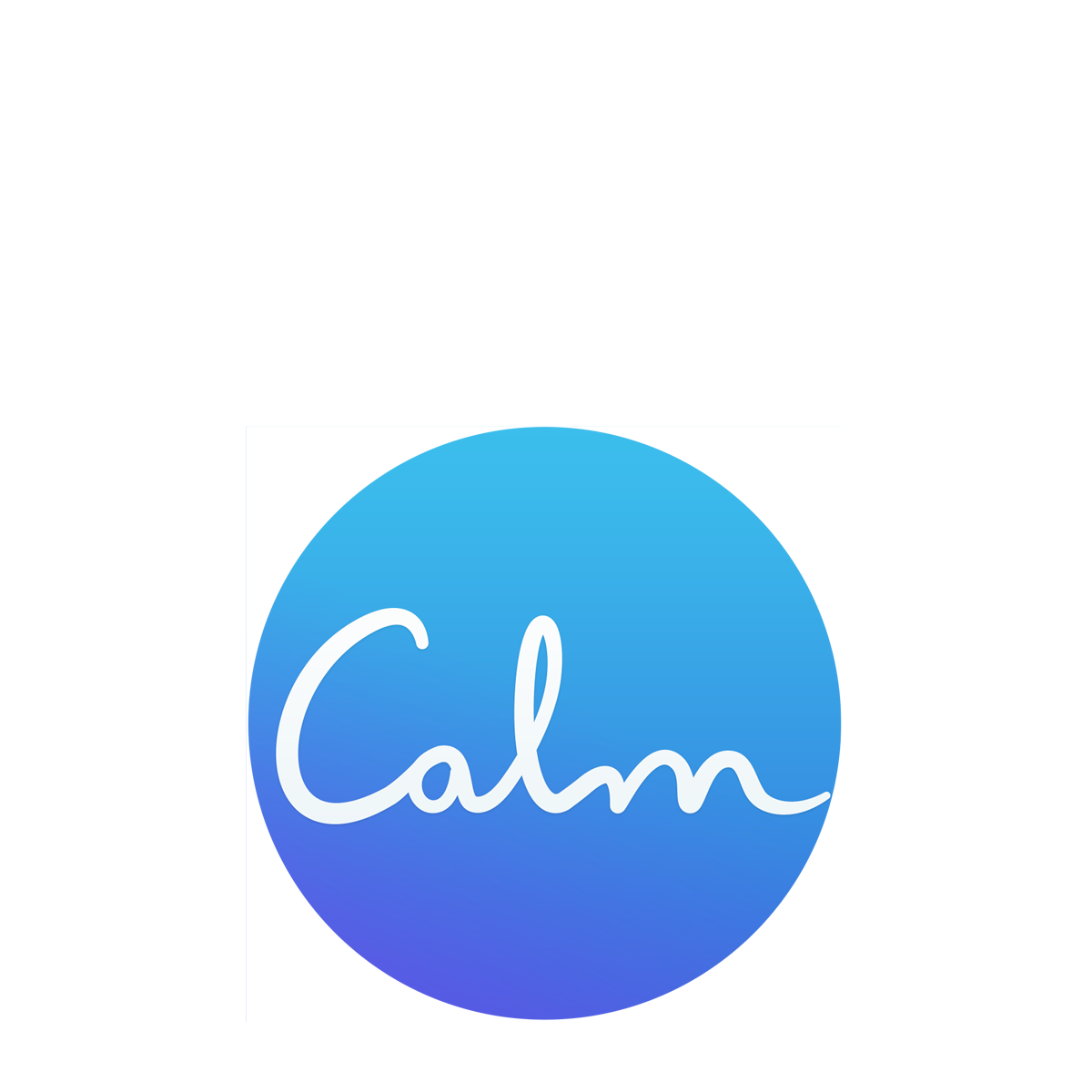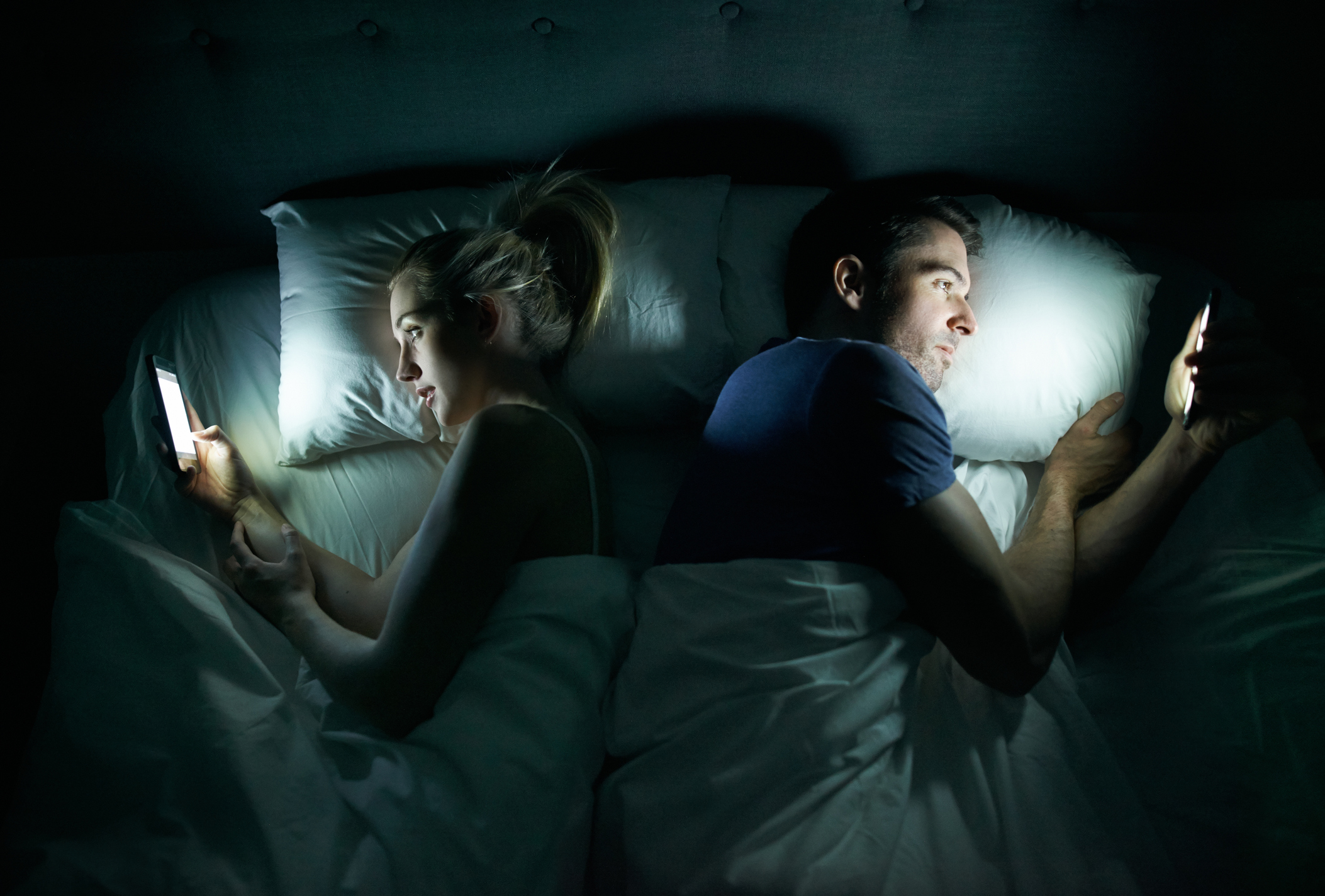Addicted to your phone? Try this Calm Masterclass to break the habit
Don't scroll your life away.
Have you ever noticed how easy it is to lose precious time – minutes that can become hours – checking, liking, heart-ing, commenting, reading the next suggested article or watching just one more show?
Whatever your digital kryptonite — online shopping, social media, video games, Netflix — it's too easy to get hooked.
Our newest Calm Masterclass, Social Media & Screen Addiction, explains how we become addicted to our devices; the harmful impact of too much screen time; and finally the solutions that we need in order to live happy and healthy lives in a world where everyone is fighting for our attention.
Calm Masterclasses are our new monthly series of life-changing audio classes delivered by world-renowned experts. They are also the biggest new addition to Calm’s ever-growing library of content since the launch of Sleep Stories a little over a year ago, or since Calm was recently named Apple’s App of the Year.
Without even thinking about it we spend hours in front of screens each day. Meanwhile, it can be hard to give ourselves 10 minutes to sit and meditate, curl up with a book, or be present with the person sitting across from us.
There’s nothing inherently wrong with using social media or watching screens; the trouble is when these habits start taking more from us than they're giving.
Social media and screen addiction isn’t something to be ashamed or embarrassed about, but rather something that we can cultivate awareness around so that we can make choices that nourish and empower us rather than deplete, distract and demoralize us.
The truth is that billions of dollars are being spent by ingenious people to feed this still new but growing addiction.
Companies are using everything they know about how the brain works to keep us coming back for more.
This can have an unsettling impact on our day-to-day lives. The good news is that we can build our awareness and understanding in order to shift our relationship with social media and screens and claim back a big chunk of time that we unwittingly give away each day.
In our latest Calm Masterclass, Dr. Adam Alter, psychologist, academic and author of The New York Times bestseller, Irresistible: The Rise of Addictive Technology, discusses Social Media & Screen Addiction – and how to beat it.
He breaks his Calm Masterclass down into three digestible lessons, by talking about:
- Why screens and social media are so incredibly addictive
- The staggering impact these addictions can have in our daily lives
- Actionable steps for managing social media and screen addiction.
Learn how to step away from your screens and give yourself the freedom to invest your time and attention more mindfully – in activities that bring you satisfaction and increased wellbeing.
About Dr. Adam Alter
Adam Alter is an Associate Professor of Marketing at New York University’s Stern School of Business, with an affiliated appointment in the New York University Psychology Department.
Adam is the New York Times bestselling author of two books: Irresistible (March, 2017), which considers why so many people today are addicted to so many behaviors, from incessant smart phone and internet use to video game playing and online shopping, and Drunk Tank Pink (2013), which investigates how hidden forces in the world around us shape our thoughts, feelings, and behaviors.
Adam’s academic research focuses on judgment and decision-making and social psychology, with a particular interest in the sometimes surprising effects of subtle cues in the environment on human cognition and behavior. His research has been published widely in academic journals, and featured in dozens of TV, radio and print outlets around the world.
He received his Bachelor of Science (Honors Class 1, University Medal) in Psychology from the University of New South Wales and his M.A. and Ph.D. in Psychology from Princeton University, where he held the Charlotte Elizabeth Procter Honorific Dissertation Fellowship and a Fellowship in the Woodrow Wilson Society of Scholars












